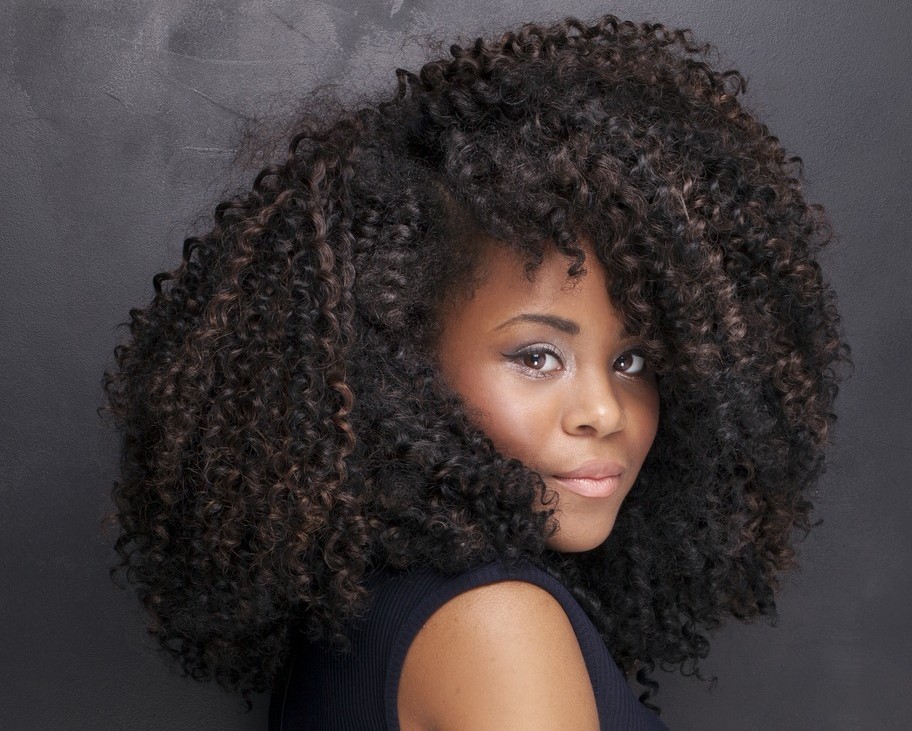Our hair undeniably represents a significant aspect and defining characteristic of our appearance and self-expression. Throughout history, it’s been an element of fashion, social status, and cultural identity. Considered by many to be a symbol of beauty and strength, some regard it as the ultimate expression of one’s personal identity. Hairstyles and hair colour have been used to convey social status, political views, and cultural identity. Pharaohs of Ancient Egypt, for example, wore elaborate hairstyles to signify their status and authority. Likewise, the punk subculture of the 1970s saw hairstyles used to express rebellion and non-conformity. But can hair truly be considered our “crown and glory?”
The phrase “crown and glory” (first referenced in The Bible) refers to the underlying principle that our hair serves as a symbol of beauty and pride. At its extreme, it’s further associated with the deeper notion that our hair is the most noticeable and attractive aspect of our physical appearance. Despite these claims, however, it is equally important to recognize that the concepts of beauty and self-worth are not completely deterministic by just one’s hair.
Beauty is defined as a combination of qualities (such as shape, colour, or form) that pleases the aesthetic senses, especially the sight. Limiting beauty to just our physical appearance inevitably ignores its other defining characteristics that are non-physical. Even in the case of physical appearance, hair is not the only aspect that can (and should) be considered beautiful or attractive. Hair loss, for instance, is a common condition that can affect almost anyone, and be caused by various factors including genetics, age, hormonal changes, and medical conditions. In the context of our hair being labelled as our “crown and glory,” one can understand how hair loss could, consequently, be a source of distress for many as it can affect one’s self-esteem and self-confidence (look no further than the Will Smith-Jada Pinkett-Chris Rock Oscar situation). What’s further, is that beauty is technically subjective, as people come in all shapes, sizes, and colours; thus, it is essential to appreciate and embrace the diversity of human appearance, instead of attempting to judge beauty by one set universal standard.
Certainly, people should be able to express themselves through their hair without fear of judgment or discrimination. Notwithstanding, hair discrimination unfortunately still exists in many societies, with individuals facing discrimination based on their natural hair texture or style. As such, it is crucial to challenge these discriminatory attitudes, and alternatively promote inclusivity and diversity.
In conclusion, while hair can be an essential aspect of our physical appearance and self-expression, it should not be the sole determinant of our beauty or worth as conscious and free individuals. Our value should not be defined by our hair, and we should appreciate the diversity of human appearance. Additionally, we should strive to create a world where people can express themselves through their hair without fear of discrimination or prejudice. Through understanding the information presented throughout, I truly believe that one can reasonably deduce that our “crown and glory” ultimately lies within our character and actions.

